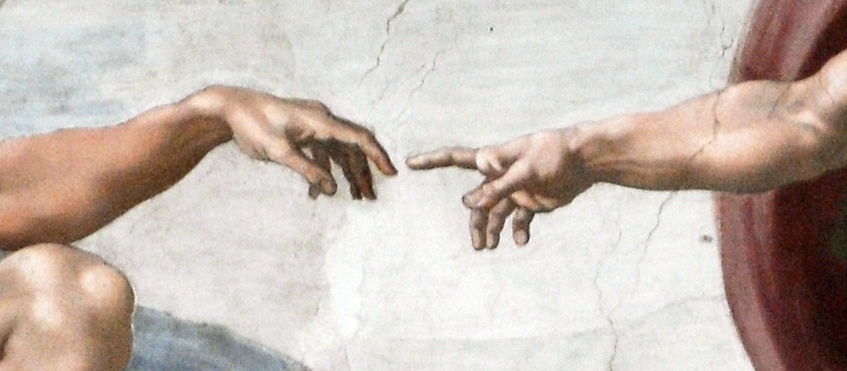
Jesus gave a very clear sign by which the world would identify His disciples: “By this everyone will know that you are my disciples, if you have love for one another” (John 13:35). In “The Antidote to the Love of Money: The Love of God Poured Out in Our Hearts,” we saw that the first-century disciples lived out this sign. The most obvious way they did this was by having all things in common so that they had an equality of goods. But what about us? As the question goes, “If you were on trial for being a Christian, would there be enough evidence to convict you?” Let’s take a further look at this Christian way of life called love.










